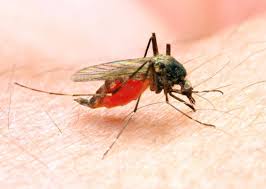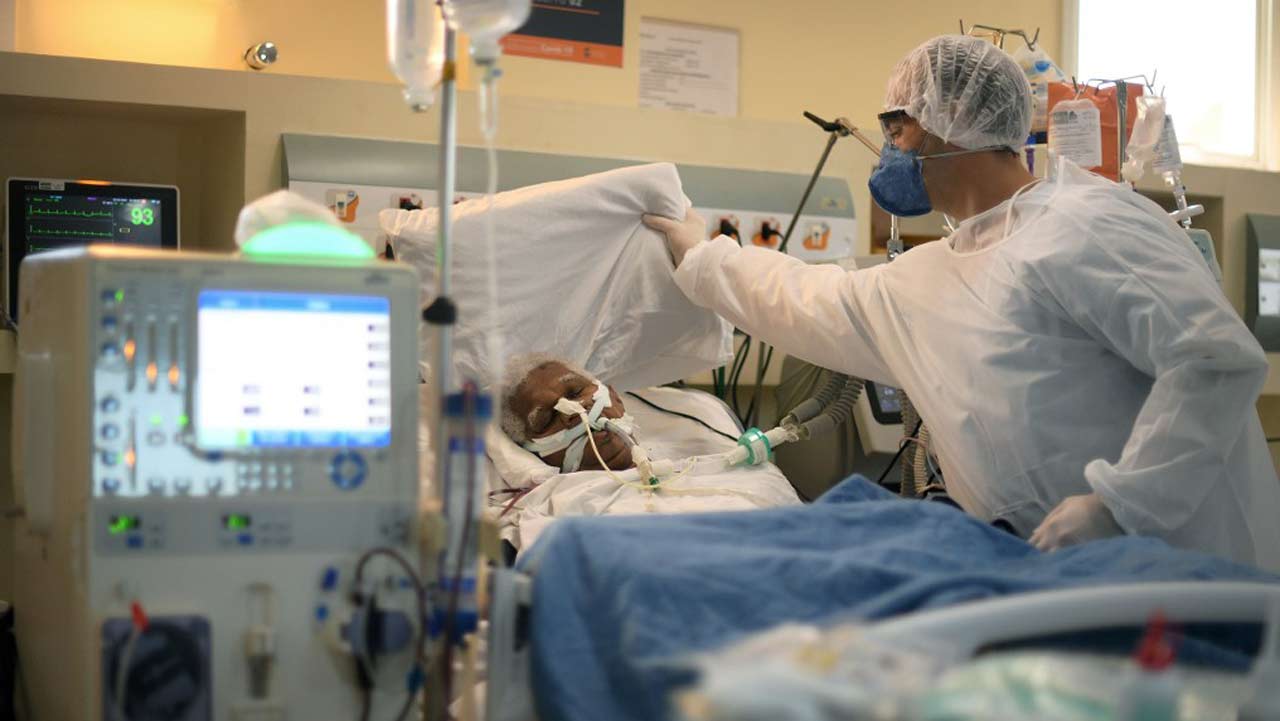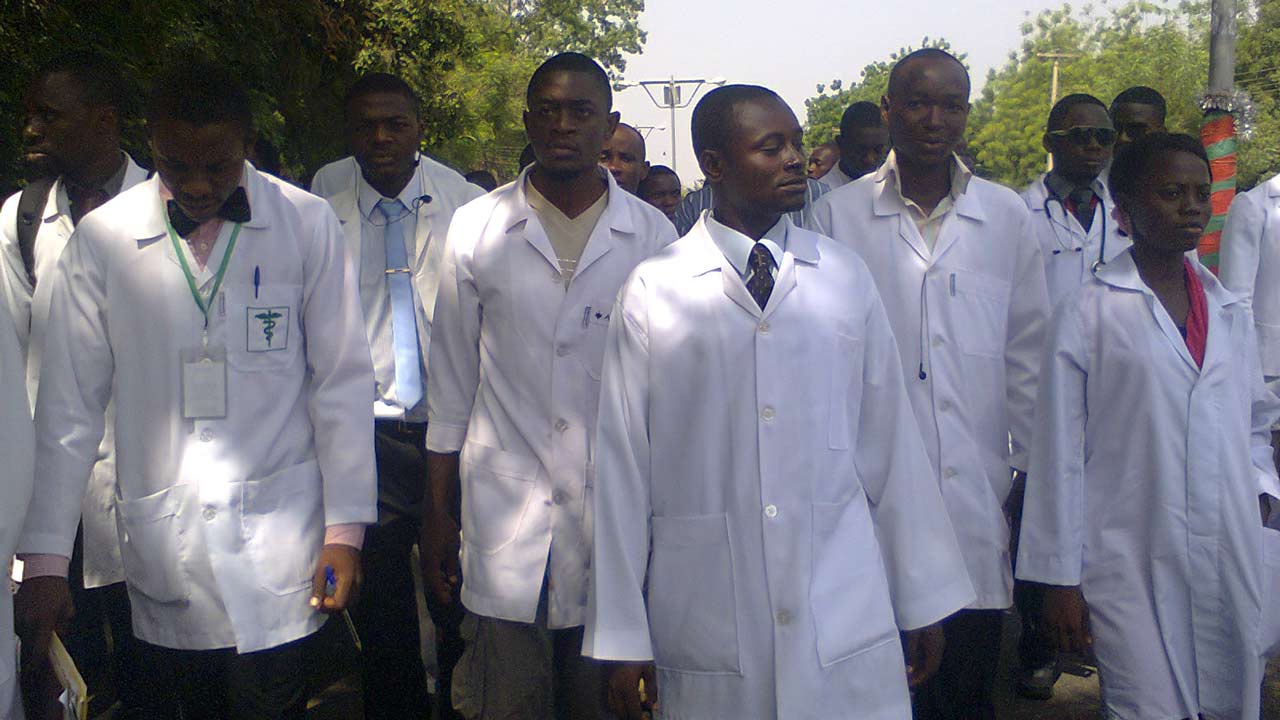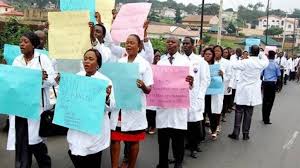The Minister of Health, Prof. Isaac Adewole, says Nigeria took yellow fever for granted and this caused the recent outbreak which affected several states in the country.
Adewole, however, noted that the government was targeting 25 million children for immunisation before the end of the year.
The minister said this at the Eliminate Yellow Fever Epidemics strategy kick-off meeting in Abuja on Tuesday.
He noted that prior to the outbreak of the disease in 2017, the last case of yellow fever was recorded in 1996 which made everyone relax.
.jpg) Adewole said, “The last outbreak of yellow fever in Nigeria was in 1996 and I think we all went to sleep because we thought it was over. But when it is over, it is not over. We need to continue preventive vaccination.
Adewole said, “The last outbreak of yellow fever in Nigeria was in 1996 and I think we all went to sleep because we thought it was over. But when it is over, it is not over. We need to continue preventive vaccination. “And I think where we went wrong was really to go to sleep and avoid regular routine immunisation in order to protect our people against yellow fever and therefore it is not a surprise that we had the first outbreak in September 2017 when the Nigerian Centre for Disease Control was notified of a confirmed case in a seven-year-old female in the Ifelodun Local Government Area of Kwara State.
“For your information, we actually introduced yellow fever as part of our routine immunisation since 2004 but, for us to be effective, we need to immunise practically everybody and this is a huge challenge for Nigeria.”
The minister said between September 2017 and March 2018, Nigeria had recorded 1, 640 suspected cases.
He said 115 of them were confirmed in the Nigerian laboratory but only 41 were confirmed at the regional centre laboratory of the WHO in Senegal.
Adewole, however, said there was a need for the WHO to open a lab in Nigeria so that cases can easily be confirmed in Nigeria.
He said, “This is one of the issues we want to raise. If we confirmed 115 in Nigeria and only 41 in Dakar, the challenge might be the problem of transportation and that is why we are clamouring for a regional lab in Nigeria because the remaining 71 cases could have been true cases but the transportation could have altered the ability to confirm in Dakar.”
The minister said since the Federal Government began the current drive to eradicate yellow fever, reactive and preventive vaccination had been taken to six states – Kwara, Kogi, Zamfara, Niger, Sokoto and Borno.
He further revealed that over 14 million children had been immunised within the period, adding that the government was targeting 25 million children before the end of 2018.
In his remarks, the Director-General of the WHO, Dr Tedros Ghebreyesus, said the organisation was targeting at least one billion persons in Africa before 2026.
He said at least 27 countries were at risk of yellow fever outbreak.
Ghebreyesus, however, lamented the shortage of the vaccines caused by its lack of profitability.
He said since Brazil was hit by the disease in 2016 with over 1,000 deaths, it had been producing the vaccines and he had convinced the Brazilian government to produce more drugs for exports.
The WHO head said, “The fact is we have had a safe and affordable vaccine for the disease for decades. A single injection can protect a person for life. Our failure to defeat it is therefore not a failure of science but a failure of market because the vaccine that can stop it is not profitable enough for the companies that make it.
“It is also a failure of political will because, until now, our action has not been decisive enough. Yellow fever must be a priority for Nigeria and the world.”
By: Eniola Akinkuotu, Abuja
The Punch News
ABUJA: Training Schedule for Basic Life Support BLS, Pediatric Advanced Life Support (PALS), Advanced Cardiovascular Life Support ACLS, First Aid, CPR, AED
PORTHARCOURT: Training Schedule for Basic Life Support BLS, Pediatric Advanced Life Support (PALS), Advanced Cardiovascular Life Support ACLS, First Aid, CPR, AED
LAGOS: Training Schedule for Basic Life Support BLS, Pediatric Advanced Life Support (PALS), Advanced Cardiovascular Life Support ACLS, First Aid, CPR, AED





